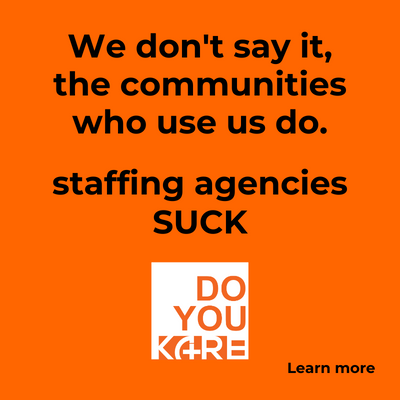Did you know that a whole bunch of hospitals are so fed up that they are forming their own company to make and sell drugs?
By Steve Moran
The New York Times published an article titled “Fed Up With Drug Companies, Hospitals Decide to Start Their Own.” Over the last couple of years, we have seen a number of drug companies “immorally” raise prices to unconscionable levels, not because the cost of development or production warrants it but rather because the regulatory and reimbursement environment make it possible.
In a couple of cases, some of them have been shamed into moderating by a tiny bit the increases, but not by much. It is legal, but wrong and immoral. It hurts the low-income earners more than those with high income and both political parties are so deeply in the pocket of the drug companies that there is not much hope this will change anytime soon.
Yet this is not fundamentally an article about healthcare or drug companies.
When Things Get Bad Enough — Hospitals
As the Times article points out, a whole bunch of hospitals are fed up with what is happening and are forming their own company to make drugs that are past their patent protection and sell them at a price that will be fair to them and their patients.
This could be a huge game changer in the American healthcare system and force drug company executives to be more ethical.
When Things Get Bad Enough — Senior Living
I want to start by reminding you that I am the ultimate senior living shill. I have spiked stories that had no lessons to be learned. I think many, maybe even most, seniors would at some point in their lives find their lives highly enriched by living in a senior living community . . . but we have some challenges:
- We are mostly not very affordable — We are great for the 35-40% of the senior population that has the financial resources. There are even some pretty decent options in many markets for seniors who are at the bottom of the economic scale. We would likely receive a D or D- grade when it comes to serving the middle and lower middle income crowd, and increasingly these will be white collar Boomers who did not save enough.
- Our Product Is Dated — You might argue that we are a lot better than we used to be. The buildings are nicer, the apartments are bigger and have more amenities; we have spectacular common areas and outdoor areas; we have technology and we have really gotten with it when it comes to dining.
Yet, we are still selling a product that most people don’t want, and when I talk to Boomers outside the industry about whether or not they would move into senior living when they get a little older, every single one has responded with a resounding “No way!”
These two fundamental problems are likely to continue to grow over the next couple of decades.
I Find Myself Wondering . . .
I find myself wondering who will get fed up with the existing model and go out and do it themselves to the detriment of the industry. Will it be Walmart, or hospital chains or hotel chains? Could it even be cruise ship lines, or universities or student housing owners?
It could and can be us. There are some folks who are working on this and NIC is doing serious research on the middle-income market challenge. Watermark is doing some new things with respect to lifestyle and payment arrangements that are radically cool.
As an industry though we need to look at stories like this and know for sure that we cannot assume it will be business as usual.








